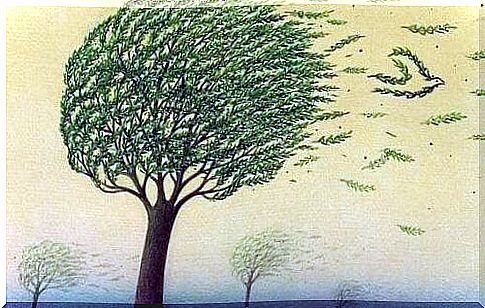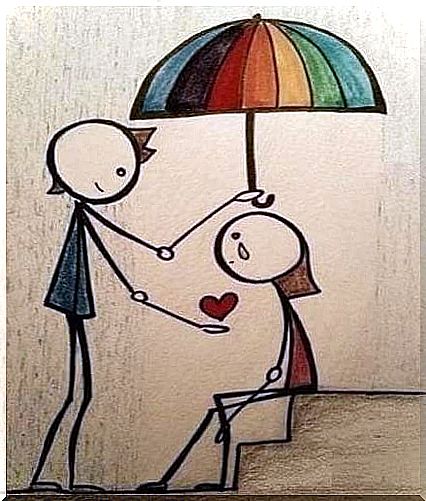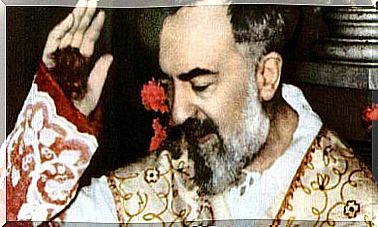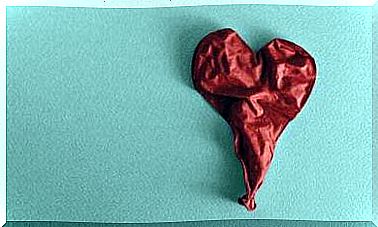We Were Not Born To Live A Mediocre Life, But One Full Of Hope

Hope is what characterizes us as we await the fulfillment of our most daring goals. It is said that we were not born to live a mediocre life, because our brain needs hope to function properly, just as our heart needs to pump blood.
When we live without hope, it means that we suffer from a deficit of the brain neurotransmitters of serotonin and dopamine, hormones which, in turn, can cause mood disturbances.
The human being has an immense need to live on hope. Our brain has a perfect system in which all our abilities are optimized to allow us to realize our dreams. In this way, we will be able to experience the desired pleasure. When we crave something, changes occur in our brains, in particular there is an increase in dopamine levels in the limbic system, which causes us great well-being.
Positive psychology, which has acquired more and more importance in recent decades, highlights the role of hope as the engine of our actions. The goal of this branch of psychology goes beyond the study of disease to focus on analyzing fully happy or satisfied people in order to understand the reason for their state.
A hopeful person can go far beyond what can be expected based on his past successes.

Does our brain need hope?
The pre-frontal area of the brain is the area where the most complex thoughts are created, where we evaluate alternatives for solving problems and making decisions. This area is influenced by the limbic system: an important part of our emotional brain where hope is able to favor the higher functions of the brain and increase the immune defenses of our body.
When we live a life without hope, the opposite happens. The absence of hope weakens our immune system, thus giving rise to an imbalance in the organism that exposes us to both functional and physiological diseases.
Psychoneuroimmunobiology is the science that studies the connection between the thought, the word, the mind and the physiology of the human being. Hope is a form of life energy capable of interacting with the organism and producing physical changes. Santiago Ramón y Cajal, Nobel Prize for Medicine in 1906, argued that “every human being, if he wants to, can be the sculptor of his own brain”.

Why foment hope?
There is a directly proportional relationship between the state of health and the level of hope. A study carried out by the Official College of Psychologists of Madrid in 2014 showed that healthy people had an above-average level of hope.
Sick people, on the other hand, tended to be quite hopeless. The conclusion drawn from these data is that fostering hope and making it a tool for people’s development is of vital importance. We cannot forget the energy emanating from hope.
Hope can be spontaneous, but what is really good is learning to provoke it and activate it when we want. In this way, each of us can obtain, with time and with adequate exercise, the development of the elements of hope, in order to be able to project one’s life forward.
Setting goals with real expectation, taking care of ourselves to stay healthy, accepting failures as a necessary part of life, and valuing our efforts will help us gain adapted and positive hope.
To recover or maintain hope, it is important to enhance attention in relationships with others. It is precisely this attention, together with the successful outcome of relationships, that gives life to many of the positive emotions that accompany us in our daily life.










